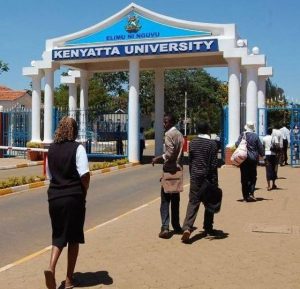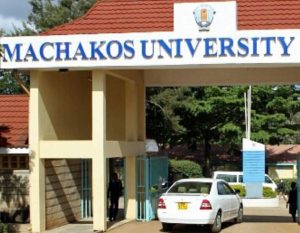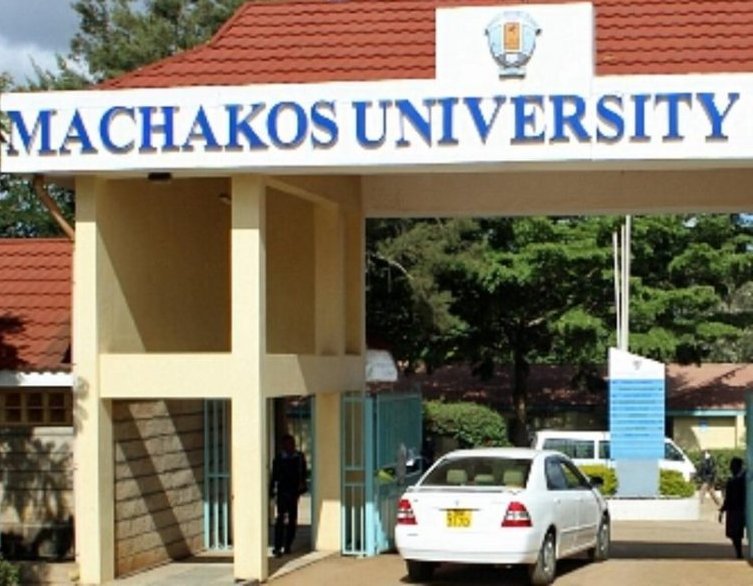By Sheila Waswa
Published November 4, 2016
 The Kenyan Government is determined to give every citizen access to higher education and, while at it, make public institutions of higher learning less congested.
The Kenyan Government is determined to give every citizen access to higher education and, while at it, make public institutions of higher learning less congested.
To set the ball rolling, the East African state has for the first time sponsored students to 29 local private universities.
RELATED:Standard Education System Crucial for East African Community Integration
Fred Okeng’o Matiang’i, Kenya’s Education Minister, said the state-sponsored students’ admission to private universities–that was announced after student placement to public universities had been completed in August 2016–was part of the government’s efforts to enable many more Kenyans acquire higher education besides freeing state institutions like Moi University where a lecture hall with the capacity of 600 can hold as many as 1000 students against a lecturer from congestion.
Though university education is important, does every Kenyan need a degree?
Yes, that appears to be the plan of the government in a country in which all mid-level colleges that award diplomas have been turned into degree-awarding universities that, according to the country’s own Commission for University Education (CUE), are currently ‘pending more resources than what they receive from the various income streams’ and, consequently, ‘may not meet their obligations as mandated in law.’
RELATED:Why Kenya’s Education System Calls for Re-orientation
 Would the funds the government is investing in students in private universities in September 2016 not have been used in expanding public universities?
Would the funds the government is investing in students in private universities in September 2016 not have been used in expanding public universities?
But that may not be the only problem with the government’s aim of giving many more Kenyans higher education. Unless thorough planning is done instead of acting on impulse, the aim, though noble, may not bear much fruit.
For instance, the implementation of the programme is faced with confusion over how much fees the students are supposed to pay. The government had directed that each student be charged Sh16000 (US$160) but each private university, not being under the control of the government, charges varying fees depending on what it offers.
About half of the students offered placement at United States International University (USIU) in Nairobi, for instance, failed to show up amid claims that they could not raise an additional Sh65000 (US$650) before admission per semester. Students were also caught in a dilemma when they learnt that they would be operating on tri-semesters per academic year yet the government had only catered for two semesters. How is the third semester to be paid for?
RELATED:The Changing Face of Education in Africa
 Critics of higher education for every Kenyan scheme are also quick to point out that sponsoring students who had scored at least two points–56 for girls and 58 for boys–in the Kenya Certificate of Secondary Education (KCSE) lower than those admitted to the so-called congested state universities to private universities is an insult to enterprise; that hard work is not rewarded in Kenya.
Critics of higher education for every Kenyan scheme are also quick to point out that sponsoring students who had scored at least two points–56 for girls and 58 for boys–in the Kenya Certificate of Secondary Education (KCSE) lower than those admitted to the so-called congested state universities to private universities is an insult to enterprise; that hard work is not rewarded in Kenya.
Government sponsorship of students to private universities should be a policy that has been well thought out and not something that is offered on a whim or cheap political populism as appears to have happened in this case.





